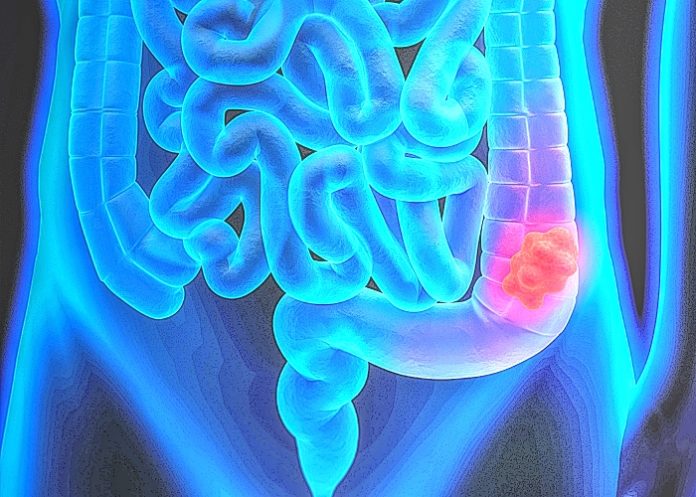Having second- or third-degree relatives with colorectal cancer significantly increases the risk of developing the disease, found a study in Cancer Epidemiology. Early screening may be beneficial beyond the existing practice of colonoscopies for first-degree relatives.
Individuals are at a 2.6-fold higher risk of colorectal cancer at any age if they have a first-degree relative with early-onset colon cancer. The risk is 1.96 and 1.3 times greater for second- and third-degree relatives, respectively. In addition, the risk for all degrees of relatives for early-onset colon cancer is higher than the risk for colon cancer at any age.
Early colonoscopy screening is often recommended for first-degree relatives of someone diagnosed with early-onset – meaning before age 50 – colorectal cancer, cases of which have been increasing significantly over the past few decades. But the study suggests that early screening may be beneficial for second- and third-degree relatives as well.
The study found that first-degree relatives of someone diagnosed with early-onset colorectal cancer are six times more likely to be diagnosed with colorectal cancer before age 50, while second-degree relatives are three times likelier and third-degree relatives 1.56 times likelier.
First-degree relatives include parents, children and siblings. Second-degree relatives include aunts, uncles, grandparents, grandchildren, nieces and nephews. First cousins, great-grandparents and great- grandchildren are examples of third-degree relatives.
Researchers from the University at Buffalo and University of Utah led the study, which reviewed more than 1,500 early-onset colon cancer cases in the Utah Cancer Registry, part of the Utah Population Data Base.
“Our study provides new insight into the magnitude of risk for more distant relatives of colorectal cancer cases, and in particular, for relatives of cases who were diagnosed before age 50,” says first author Heather Ochs-Balcom, PhD, associate professor of epidemiology and environmental health in UB's School of Public Health and Health Professions. “This work is important given the rising rates of early-onset colorectal cancer.”
The findings suggest that early colonoscopy screening may be beneficial for second-degree relatives and possibly third-degree relatives, in addition to first-degree relatives of individuals diagnosed with colorectal cancer before age 50.
The researchers also point out that relatives may benefit from being more aware of their extended family history and sharing this information with their physician when making cancer-screening decisions.
Study details
Early-onset colorectal cancer risk extends to second- and third-degree relatives
Heather M. Ochs-Balcom, Priyanka Kanth, Lisa A. Cannon-Albright
Published in Cancer Epidemiology, August 2021
Highlights
Family history is associated with higher colorectal cancer (CRC) risk, but it is not clear to what degree a family history of early-onset CRC contributes to risk and whether risk extends beyond first-degree.
Our study suggests that first-, second-, and third-degree relatives of early-onset CRC cases are at higher cancer risk for both early-onset CRC and CRC at any age.
The findings suggest that extended family history should be part of the discussion when making cancer screening decisions.
Abstract
Introduction
Family history is a risk factor for colorectal cancer (CRC), however whether family history also contributes to non-syndromic early-onset CRC is unknown.
Methods
We estimated risk to first-, second-, and third-degree relatives of early-onset CRC cases in the Utah Pedigree Database.
Results
We observed elevated risks beyond RR = 2.0 for early-onset CRC among first- and second-degree relatives of early-onset CRC cases, with RRs of 6.0 and 3.1, respectively.
Discussion
Relatives of early-onset CRC cases are at higher risk of both early-onset CRC and CRC at any age, and the location is not necessarily similar to the affected relative.
Cancer Epidemiology article (Open access)
See more from MedicalBrief archives:
ACS recommends earlier colorectal cancer screening
Antibiotic use linked to increased risk of colon cancer — large Swedish analysis
Microbiome patterns predict colorectal cancer occurrence
NHS trials blood test to detect cancer before symptoms appear

